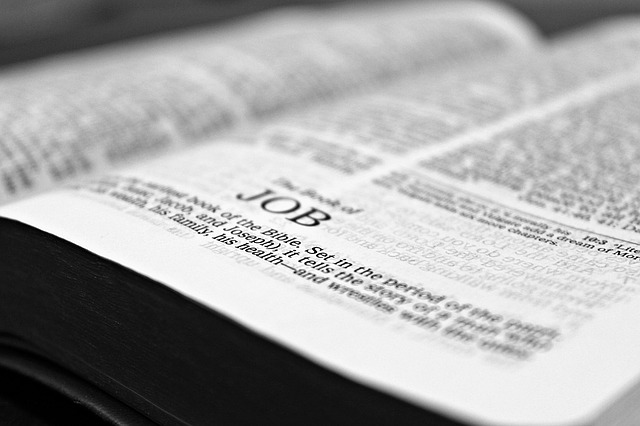
SS Preview March 29 2020

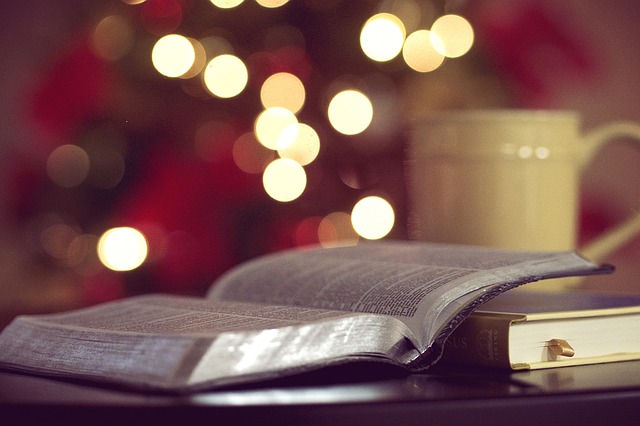
SS Preview March 22 2020

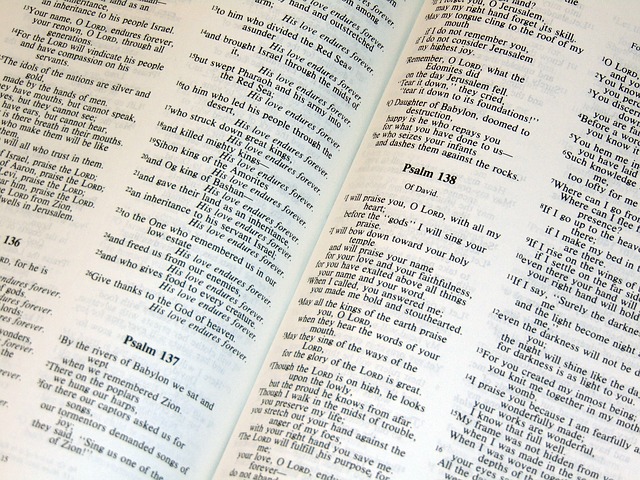
SS Preview March 15 2020

Greetings everyone and thanks for joining me for this edition of our Sunday School preview. This Sunday’s lesson is entitled “Consequences for Injustice” and is found in Habakkuk 2:6-14.
Last week we were introduced to the prophet Habakkuk who prophesied concerning God’s judgement against Judah and the Chaldeans used to carried out that judgement. In the text the prophet makes it clear that those who prosper by evil will have to answer for their evil even when their evil is used by God as an instrument in His divine will and plan.
Those who take by unrighteous means things from others are building up a debt they cannot pay back at the cost of their eternal souls. What goes around, comes around is another way of saying people will reap what they have sown.
Whatever is acquired by unrighteous means is like something covered in blood which cannot be hidden. It is a house of shame that cries out so everyone can see it as such. The comfort gained through such ill-gotten gain will not last.
All those who have profited so should beware because there shall be a day of reckoning. It is the Lord who shall hold all accountable for what they do. All of our works shall be tried in the fire of His judgement.
Unrighteous works will only be fuel for the fire of judgement. In the end, such works would have been all for nothing. Why, because they held no eternal or lasting value. The people on the earth will see the judgement of God which in turn will glorify His name.
The Chaldeans took what was not theirs. They destroyed that which others had built. They trampled over the rights and lives of other people. They behaved as if they did not have to answer to anyone for their actions.
They trusted in the things they fashioned and created to get and keep what they took. In many ways, people today are acting out the same mentality as the Chaldeans. They have put God out of their mind and doing whatever they want and taking whatever they can get their hands on. They have little or no regard for anyone besides themselves.
And just like the Chaldeans, all their effort is for nothing. Nothing they have belongs to them or will remain with them. They have expended all of this energy to no good end. For in the end, we all must answer to God for what we have done with His things and how we have treated and regarded others of our own kind.
The Chaldean empire didn’t last. The Persians came and did to them what they had done to others. God allows nations to rise and God allows nations to fall. God allows people to carry on and heap to themselves things they don’t own and can’t be paid for with money.
As believers, we must not never forget nor cease to live by the laws of the Lord because there is an eternal consequence for doing or not doing what we know to be lawful and right. Well, I hope you will attend SS this coming Sunday and share your thoughts with your class. If you have any comments or questions, be sure to place them in the comment section of this preview. So, until next time remember to fear God and keep His commandments.
Pastor Jordan
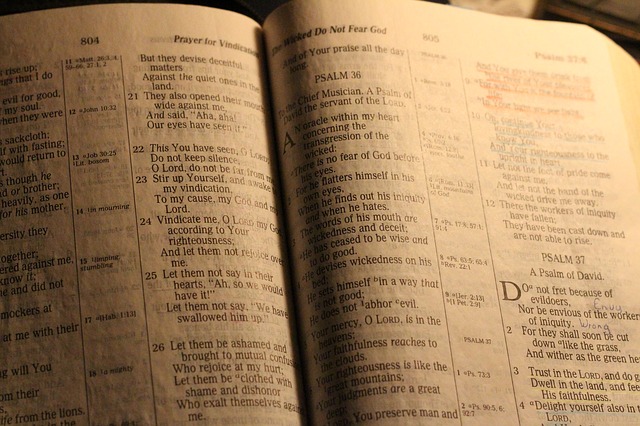
SS Preview March 8 2020

Greetings everyone and thanks for joining me for this edition of our Sunday School preview. This Sunday’s lesson is entitled “A Prayer For Justice” and is found in Habakkuk 1:1-4;12-14.
Not much is known about Habakkuk. His name is not mentioned anywhere else in the Old Testament. It is believed he is a contemporary of the prophet Jeremiah because they both prophesied concerning the Chaldeans about 610 B.C. shortly before Nebuchadnezzar’s first invasion of Judea and the fall of Judah.
The oppression of the righteous Jews by the unrighteous Jews triggered the Divine manifestation of judgment against Judah. The Lord informs Habakkuk that He is about to send the Chaldeans to execute His judgment.
Habakkuk, while understanding God’s requirement for judgement finds it difficult to understand how a righteous God can use such wicked people to execute judgment upon a people more righteous than they.
He considers even the most wicked among the Jews better than the Chaldeans. But God assures him that the Chaldeans won’t go unpunished, but will be dealt with when He is ready for their wickedness.
While most prophets addressed themselves to their fellow-countrymen in an attempt to win them back to God and a righteous life, Habakkuk addresses himself to questioning the justice of God and makes his complaint to God, reminiscent of that of Job, for what he sees happening.
Like many pious people, he tries to understand why God allows evil to seems to prosper and the righteous suffer often at their hands. The answer God gives him remains an anchor for God’s people in all times.
Habakkuk has been called the prophet of faith. He possessed a strong, living faith in God; but he, like many other pious souls, was troubled and perplexed by the apparent inequalities of life. After presenting his perplexities to God he comes away with a faith stronger and more intense than ever.
He learns two very important things from this encounter with God. First, God is not just the God of Israel, but He is the God of all mankind. He raises nations and brings nations down and rules in the affairs of all human societies. Everything is working His divine purpose and will for humanity and His people.
The second thing that was revealed to him is that God’s people must trust Him and remain true in their faith toward Him no matter the circumstances. Habakkuk concluded and uttered the words the “the just shall live by faith” which the Apostle Paul later quoted in the New Testament.
The faithful have suffered through many injustices, cruelties and atrocities not the least of all was slavery, terrorism, segregation and many other oppressions of humans throughout history at the hands of other humans.
The lust of the flesh, the pride of life and the deceitfulness of riches has caused and is causing many including entire cultures to lose all faith in their Creator and plunge themselves into idolatry and ungodliness.
Despite what it seems, the true people of God, just as in Habakkuk’s day, throughout history, in our day and beyond, will wait on God and remain faithful to His word and His promises of eternal life and reward.
Well, I hope you will attend SS this coming Sunday and share your thoughts with your class. If you have any comments or questions, be sure to place them in the comment section of this preview. So, until next time remember to fear God and keep His commandments.
Pastor Jordan
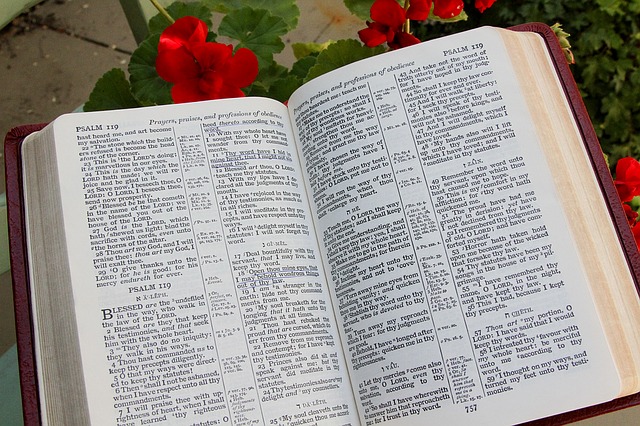
SS Preview March 1 2020

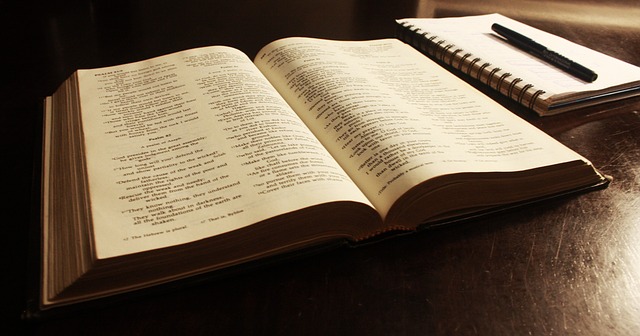
SS Preview February 23 2020

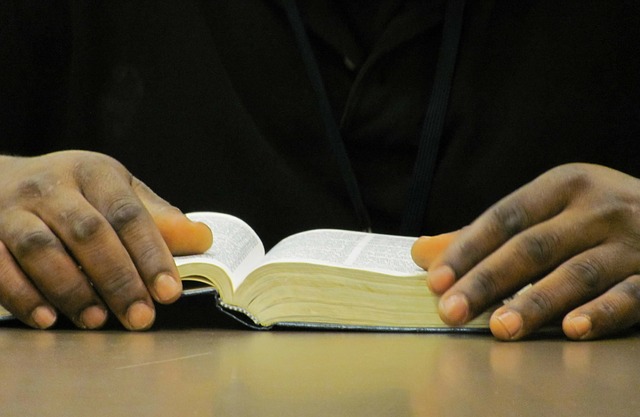
SS Preview February 16 2020

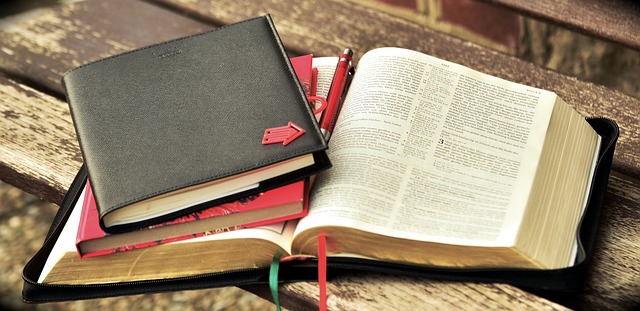
SS Preview February 9 2020

Greetings everyone and thanks for joining me for this edition of our Sunday School preview. This Sunday’s lesson is entitled “Piety That Honors God” and is found in Matthew 6:1-8. This lesson text is part of what is commonly called Jesus’s “sermon on the mount”.
Piety refers to acts or behaviors that are done out of a sense of worship and obedience. Some believe that the more pious a person is the more religious or holy that person is. The lesson text refers to two acts that may be considered acts of piety. They are almsgiving and prayer.
Alms and almsgiving are acts of kindness designed to help someone in need. The form alms take vary according to what a person is giving or doing for someone. Jesus does not criticize alms, but the motive for giving or providing the alms.
The reason some were giving was to be seen of men to be generous, caring and concerned for others. Jesus points out that this motive is selfish and corrupt and those who do so receive their reward from men and not from God. Instead, Jesus says to do almsgiving in secret and God who sees in secret will reward before men or in the open.
Likewise, prayer is also a pious act that should not be done before men to appear holy or religious. Neither the length of prayers or the eloquence of the words are what matter in prayer. Jesus says that prayer like almsgiving should be done in secret and again God will reward in public.
Then He goes on to give His follower the words to say when they pray. The words are called or referred to as “the Lord’s prayer”. But actually, it is better referred to or called “the disciple’s prayer” because it is the prayer Jesus gave to His disciples to pray.
These are some things concerning piety then that we should take away from this lesson. Pious acts are good when done for the right reason or motive. Pious acts should never be done so that the glory of the act reflects back on the one that is doing it in the sight of men. If so, there is no reward in heaven for doing so.
Moreover, pious acts should be done because they need to be done and not for reward or to indebt God for doing it some way. Pious acts do not make a person religious or holy. People perform pious acts because they are religious or holy.
Do not do anything in order to persuade or influence others in what they think about you as a person of faith. What can be done in secret should be done in secret and what must be done in public must be done to please and glorify God and never to glorify ourselves or others.
Well, I hope you will attend SS this coming Sunday and share your thoughts with your class. If you have any comments or questions, be sure to place them in the comment section of this preview. So, until next time remember to fear God and keep His commandments.
Pastor Jordan

SS Preview February 2 2020


SS Preview January 26 2020


